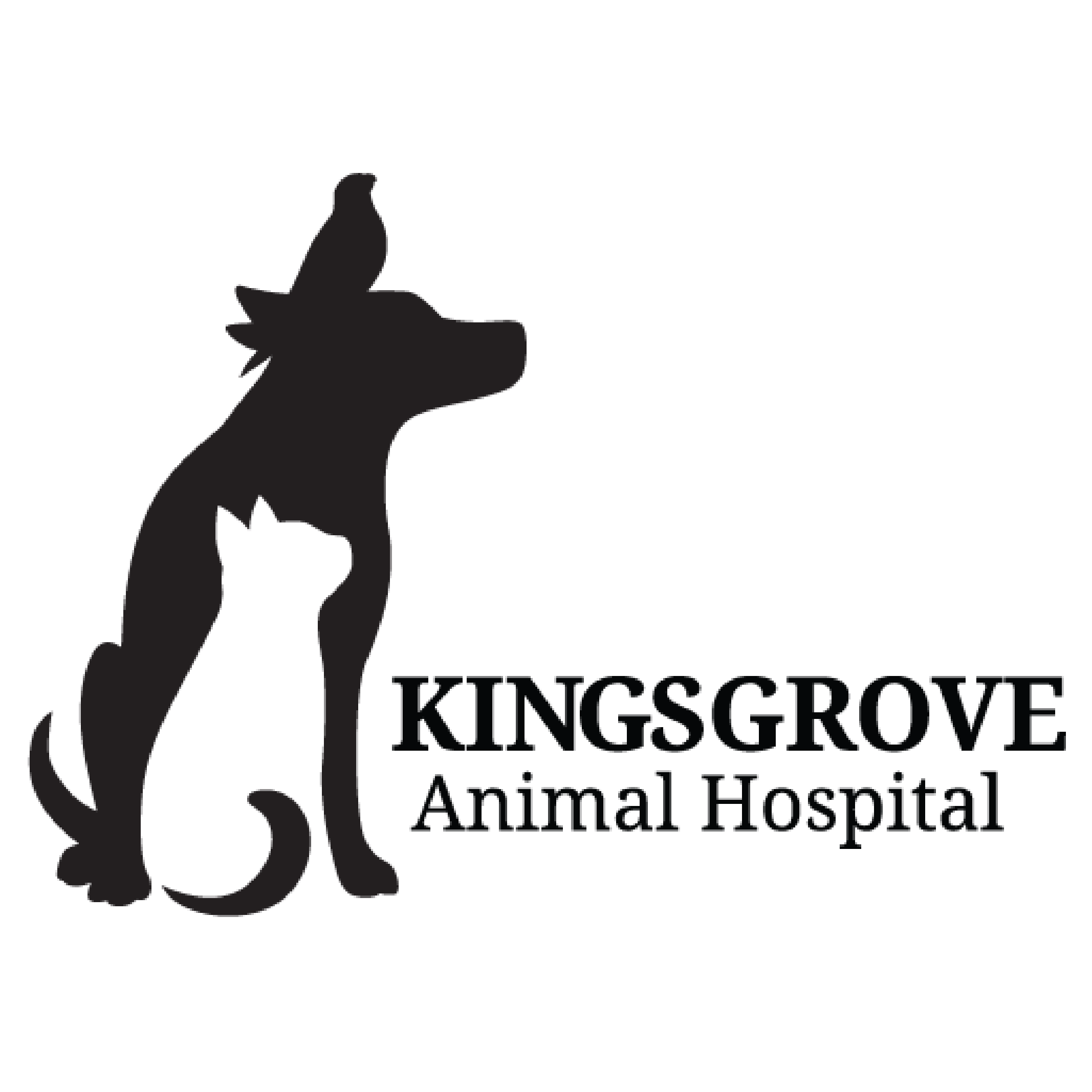
06 Aug Treating Senior Pets

Ageing is a normal process in all living things including humans and our pets. As pets age they will experience more health-related issues including dental disease, osteoarthritis, kidney disease, heart/lung disease, thyroid issues and cancer.
When is the right time to say goodbye?
Many conditions are treatable with supplements, special food and/or prescription medications. Some require general anaesthesia and more advanced surgery to correct/repair. When treatment becomes more invasive, it can create a difficult situation in which decisions need to be made for our pets in regards to their care whilst balancing risks and life expectancy. Veterinary medicine, surgery and anaesthesia have come a long way in recent times and treatments are much safer than they used to be. Intravenous fluid therapy and pain relief is administered before/during/after all surgeries. This is done to ensure comfort for older pets and minimise recovery time post-operatively.
It is still very difficult for us to make the decision to begin and continue more complex treatment/surgery in our older pets simply because we are so attached to them! The guilt can make some clients go to great lengths to “cure” their pet when in all likelihood there is no fix for their age-related condition. How do we know if we are doing the right thing?
Nurses and vets have hairy children as well so these decisions also affect us as primary animal caregivers immensely. We are always here to advise you with your pets in order to guide your decisions as we know they will always be difficult. Some questions that you should ask yourself when your pet has reached elderly age and is suffering from chronic age-related issues include:
- Can you afford the treatment? We will offer you a variety of treatment options to cater to your financial capacity, but they may all still be very expensive. Have you got pet insurance to cover your pet(s)? Can you afford the ongoing costs of medications and regular consultations to ensure they are coping well?
- If treatments are pursued, what will your pet’s quality of life be after? How much longer are they expected to live with their condition, and if treated how much will that increase life expectancy?
- How long will their recovery be if they require advanced/invasive surgery to help with their health issue? For example, a dog with severe hip dysplasia may have significant arthritis elsewhere in the body, so you would have to weigh up whether or not they will recover well from a full hip replacement.
- Has euthanasia been considered? Often people would rather not think about this option as it is too difficult to even think about losing their much-loved furry child. Quality of life and euthanasia should be thought of together and this can always be discussed with us any time you choose.
If you are reading this article and have any questions regarding your pets, please contact us as we are always here to help! Your furry retirees need a helping hand and some guidance just like us humans do from time to time.





Sorry, the comment form is closed at this time.